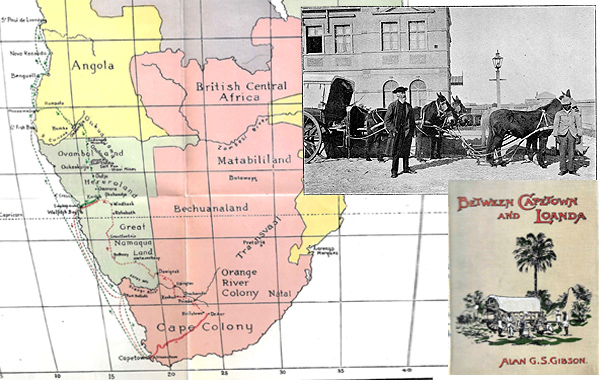
Should people, governments, companies pay large amounts of “reparations” for slavery and similar centuries-old torture? Does it matter if a government “apologizes” for long-forgotten atrocity? We can’t change the past.
Just in the last month, France, Germany and Angola have each separately announced either large restitution payments or policies of deep apology for atrocities, some of which were nearly as old as slavery in America. Why?
This isn’t ground-breaking, by the way. Both Britain and Belgium upped considerably their aid to their former colonies of Kenya and The Congo specifically as reparations for wrongs done during colonization.
President Bill Clinton apologized for what he chided as his passive role in facilitating the Rwandan genocide, and that was followed by enormous aid to Rwanda that continues to today.
The Smithsonian documents five significant Congressional apologies for immorality:
- Shielding the infamous Gestapo officer, Klaus Barbie, from war crimes.
- FDR’s internment of Japanese Americans during WW2.
- The overthrow of the Kingdom of Hawaii in 1893.
- Using AfroAmericans as guinea pigs to study STDs, known as the Tuskegee Experiment.
- A long fought apology for slavery and Jim Crow laws finally passed in 2008.
So second-thinking good people do believe apologies matter and they usually put their money where their mouth is. America’s the laggard, here. Colorful with its language, little currency follows American confessions. In America words have mattered more than actions when it comes to apologizing.
But words do matter. And in almost all cases restitution and reparations across all global societies follow detailed analysis of history. Lies and misrepresentations are admitted: The truth is freed.
Last week French President Emmanuel Macron visited the former colony of Rwanda. France and Bill Clinton’s USA blocked the United Nations forces from stopping the genocide when it began in 1994.
“I have to come to recognise our responsibilities,” Macron said. “France has a role, a history and a political responsibility in Rwanda,” he continued. “It has a duty: that of looking history in the face and recognising the suffering that it inflicted on the Rwandan people.”
Also last week Angola’s President João Lourenço addressed his fellow countrymen and finally after two generations admitted to the massacre of up to 90,000 of its citizens during its brutal civil war. He ordered the exhumation of thousands from until now secret mass burial sites and promised families “closure.”
And as the German Bundestag was putting the final touches on a 1+ billion Euro “reparation” package to Namibia for Germany’s 1904 genocide against the native populations, I was coincidentally reading the Bishop of Cape Town’s account of his pioneer journey into the area three years before that war broke out.
As any good Englishman at the time Bishop Gibson was equivocal as regards the Germans, and undertook the trek “with the idea of finding out the English Church-people living scattered about… and then ministering to them.”
But this was German territory, mostly. So Gibson spent much time with German authorities, including the infamous Governor Colonel Leutwein.
There were occasional swipes at German “authority” and “stiffness” but no mention whatever of the growing conflict with the Nama-Herero who would shortly thereafter be slaughtered in the thousands.
Often Gibson had to change his route, or wait for armed guides but never did he explain why. I wonder if his editors in publishing the book in the middle of the genocide (1905) took out any such explanations. On the other hand the prevailing culture of the day among European missionaries was that African “natives” were a troublesome lot. Indeed, they might be in need of ministering, but they came second… or third… or fourth until they were as dispensable as the wild animals threatening a white farmer’s stock.
The German apology and reparation comes more than a century after the fact. The truth never moves – the graveyards of the Angolans may have remained hidden for a half-century, but they didn’t move. It’s the lies that keep shifting until they decay in their own devilishness. Like dead leaves that cover the prairie in fall, they’re finally blown away revealing the truth. Spring always follows winter.